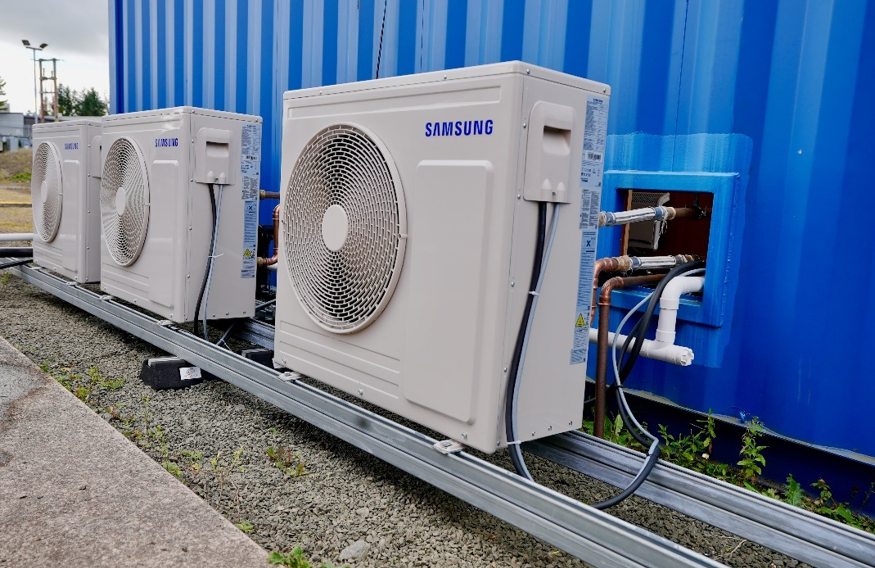Whilst remaining committed to delivering net zero by 2050, and rather pointedly reminding the public of quite how far the country has tilted to renewables with half of electricity from renewables sources compared to seven per cent when they took office, the new manifesto is a definite hybrid vehicle.
For a start, oil and gas production would be in the picture, nuclear power, under Great British Nuclear, will be boosted with two new fleets of Small Modular Reactors, and there is a promise to deliver no further green levies.
None-the-less, there is also a promise to treble offshore wind capacity, build the first two carbon capture and storage clusters, based across North Wales and, the North West of England and Teesside and the Humber, and invest £1.1bn into the Green Industries Growth Accelerator to support British manufacturing capabilities, boost supply chains. More vaguely there is mention of an energy efficiency voucher scheme, open to households to support the installation of energy efficiency measures and solar panels, and generally easier planning for solar panels, but harder for panels on agricultural land.
There is also the concept of a new import carbon pricing mechanism by 2027 to ensure that imports of iron, steel, aluminium, ceramics and cement from countries with a lower or no carbon price will face a comparable carbon price to those goods produced in the UK, following the EU carbon tax.
So, from the conservative view, it is a ‘pragmatic’ (that word is used a few times), ‘proportionate’ and realistic approach’ and much is made of not ‘imposing’ change to boiler replacement and so on.
Perhaps the manifestation of these latter aims is a desire to reform the Climate Change Committee, giving it a mandate to consider cost implications to households and UK energy security.
© 2019 Perspective Publishing Privacy & Cookies








Recent Stories